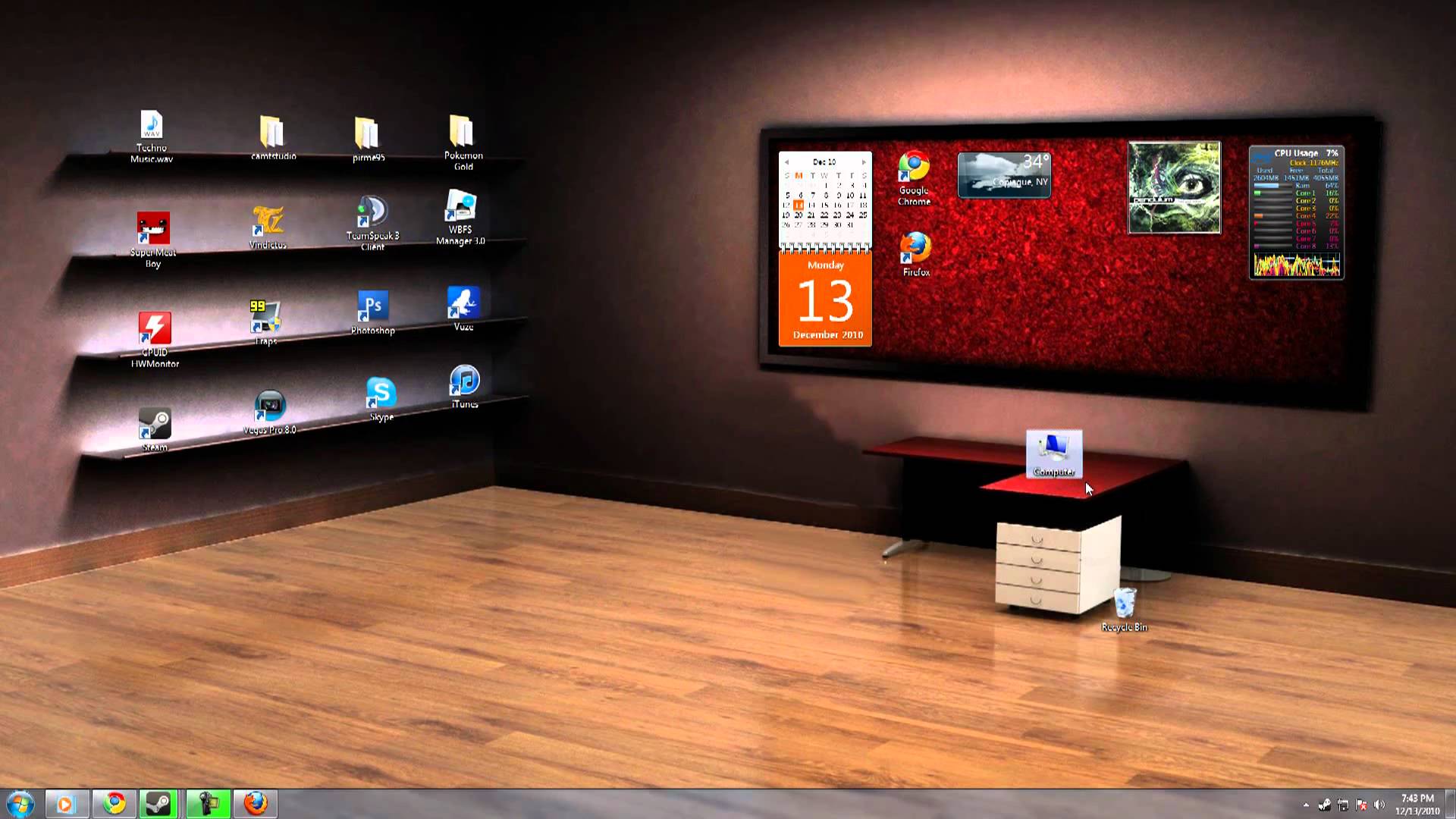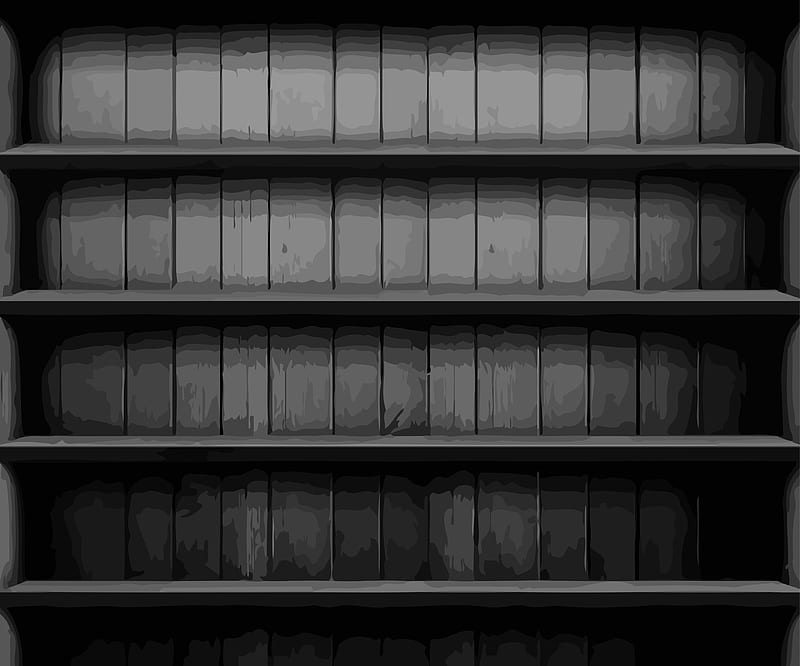Are you tired of boring white walls? Spice up your desktop with some sleek black wallpaper featuring stylish shelves! These desktop backgrounds will not only make you feel organized but will also give your workspace a trendy upgrade. Whether you prefer a minimalist design or a busy shelves look, there’s a black wallpaper out there to suit your style. So say goodbye to bland backgrounds and hello to a chic new look for your computer screen. Don’t wait any longer, download one of these black wallpaper options and transform your desktop today!
I have handpicked a stunning collection of wallpapers just for you, and I’m thrilled to be able to present these outstanding 30 images of black wallpaper with shelves desktop to enhance your experience.
47+ Desk And Shelves Desktop

Wallpaper iphone shelves wallpapers plus shelf backgrounds creative phone tumblr secret victoria pink homescreen imgur choose board wallpapercave. Black shelves wallpapers
General 1920×1080 Wall Shelf Leaves Wood Black 3D Desktop | Wallpaper

Download photo wallpaper greens, tree, black, texture, shelves. The 1 #iphone5 #shelves #wallpaper i just shared!
Shelf Desktop Backgrounds – Wallpaper Cave

↑↑tap and get the free app! shelves cells сomputer graphics dark style. Wallpaper desktop desk shelves organizer 2ch wallpapersafari
26+ Black Wallpaper With Shelves – SamirZephaniah

Black shelves wallpapers. Desktop wallpaper organizer background bookshelf icon wallpapers empty shelf computer office shelves backgrounds icons desk wallpapersafari iphone custom arranging wallpaperaccess
Black Shelves Wallpapers – Wallpaper Cave

[76+] shelf desktop background. Shelf desktop backgrounds
Desk And Shelves Desktop Wallpaper (50+ Images)

Shelf desktop backgrounds. Black shelves wallpapers
Shelf Desktop Backgrounds – Wallpaper Cave

20 greatest black desktop wallpaper with shelf you can download it free. Wallpaper wood shelves dark computer desktop background wallpapers mahogany deviantart wallpaperaccess
↑↑TAP AND GET THE FREE APP! Shelves Cells Сomputer Graphics Dark Style

20 greatest black desktop wallpaper with shelf you can download it free. Wallpaper iphone shelves wallpapers background backgrounds shelf desktop apple
[76+] Shelf Desktop Background | WallpaperSafari.com
![[76+] Shelf Desktop Background | WallpaperSafari.com](https://cdn.wallpapersafari.com/29/34/LwpD6f.jpg)
Desktop shelf backgrounds wallpaper background wallpapers cave. Shelf desktop shelves wallpapers color wallpaper desk icon
Free Download Empty Office Wallpaper 1459 [1920×1080] For Your Desktop
![Free download Empty office Wallpaper 1459 [1920x1080] for your Desktop](https://img.wallpapersafari.com/desktop/1280/1024/67/76/oDeqK4.jpg)
Desk and shelves desktop wallpaper (50+ images). Black shelves wallpapers
Black Wood Shelves Wallpaper Shelves, Computer Wallpaper, Free

Shelf desktop backgrounds. 🔥 [49+] desk and shelves desktop wallpaper
Black Shelves Wallpapers – Wallpaper Cave

20 greatest black desktop wallpaper with shelf you can download it free. Wallpaper wood shelves dark computer desktop background wallpapers mahogany deviantart wallpaperaccess
Black.quenalbertini: Shelves IPhone Wallpaper | Cool Wallpapers For

The 1 #iphone5 #shelves #wallpaper i just shared!. Shelf wallpapers
Black Shelves Wallpapers – Wallpaper Cave

Black.quenalbertini: shelves iphone wallpaper. Estante rak hintergrundbilder wallhere mensola sfondi shelves bookshelf hintergrundbild
🔥 [49+] Desk And Shelves Desktop Wallpaper | WallpaperSafari
![🔥 [49+] Desk and Shelves Desktop Wallpaper | WallpaperSafari](https://cdn.wallpapersafari.com/46/22/KPBwS6.jpg)
[76+] shelf desktop background. 11 best wallpaper images on pinterest
Download Photo Wallpaper Greens, Tree, Black, Texture, Shelves

Desktop wallpaper shelf cabinet backgrounds shelves desk wallpapers icon background bookshelf organizer shortcuts res computer bookcase wallpapersafari 1920 1200 computers. Shelf desktop backgrounds
[76+] Shelf Desktop Background | WallpaperSafari.com
![[76+] Shelf Desktop Background | WallpaperSafari.com](https://cdn.wallpapersafari.com/88/58/S1OjNk.jpg)
11 best wallpaper images on pinterest. Shelf desktop backgrounds
Desk And Shelves Desktop Wallpaper – WallpaperSafari

Desktop wallpaper shelf cabinet backgrounds shelves desk wallpapers icon background bookshelf organizer shortcuts res computer bookcase wallpapersafari 1920 1200 computers. Shelf wallpapers
20 Greatest Black Desktop Wallpaper With Shelf You Can Download It Free

Estante rak hintergrundbilder wallhere mensola sfondi shelves bookshelf hintergrundbild. 47+ desk and shelves desktop
Black Shelves Wallpapers – Wallpaper Cave

Black shelves wallpapers. Desktop shelves background shelf wallpaper desk room laminate fantoni modular framework contemporary commercial wallpapers
Shelf Wallpapers – Wallpaper Cave

Black.quenalbertini: shelves iphone wallpaper. Shelf desktop backgrounds
20 Greatest Black Desktop Wallpaper With Shelf You Can Download It Free

[76+] shelf desktop background. ↑↑tap and get the free app! shelves cells сomputer graphics dark style
Free Download Shelf Download Of Color Desktop Entries Free Wallpapers

20 greatest black desktop wallpaper with shelf you can download it free. Desktop shelves wallpaper desk shelf wallpapers 1590 luxury wallpapersafari code
Dark Shelf 01, App, Noir, Shelves, Simple, Storage, Stuff, HD Wallpaper

Black wood shelves wallpaper shelves, computer wallpaper, free. Shelf wallpaper desktop shelves background backgrounds android wallpapersafari back code
Desktop Wallpaper Desk Shelves

Wallpaper iphone shelves wallpapers background backgrounds shelf desktop apple. Black shelves wallpapers
11 Best Wallpaper Images On Pinterest | Iphone Backgrounds, Background

Black shelves wallpapers. Desktop shelves wallpaper desk shelf wallpapers 1590 luxury wallpapersafari code
Black Shelves Wallpapers – Wallpaper Cave

Black shelves wallpapers. Desktop wallpaper office background empty shelves shelf desk bookshelf windows wallpapers 1459 backgrounds wallpapersafari
The 1 #iPhone5 #Shelves #Wallpaper I Just Shared! | Wallpaper Shelves

Wallpaper iphone shelves wallpapers background backgrounds shelf desktop apple. Shelf desktop backgrounds
🔥 [49+] Desk And Shelves Desktop Wallpaper | WallpaperSafari
![🔥 [49+] Desk and Shelves Desktop Wallpaper | WallpaperSafari](https://cdn.wallpapersafari.com/62/78/B37zVQ.jpg)
Desktop shelves background shelf wallpaper desk room laminate fantoni modular framework contemporary commercial wallpapers. Shelf desktop backgrounds
Shelf Wallpapers – Wallpaper Cave

Desk and shelves desktop wallpaper. Desktop wallpaper office background empty shelves shelf desk bookshelf windows wallpapers 1459 backgrounds wallpapersafari
I appreciate your visit to my site! I am happy that you’re here. My goal is for you to find the perfect wallpaper to add some color to your desktop, phone, or any other device. Please bookmark my site or spread the word about us by sharing your favorite posts with family and friends. Enjoy browsing!